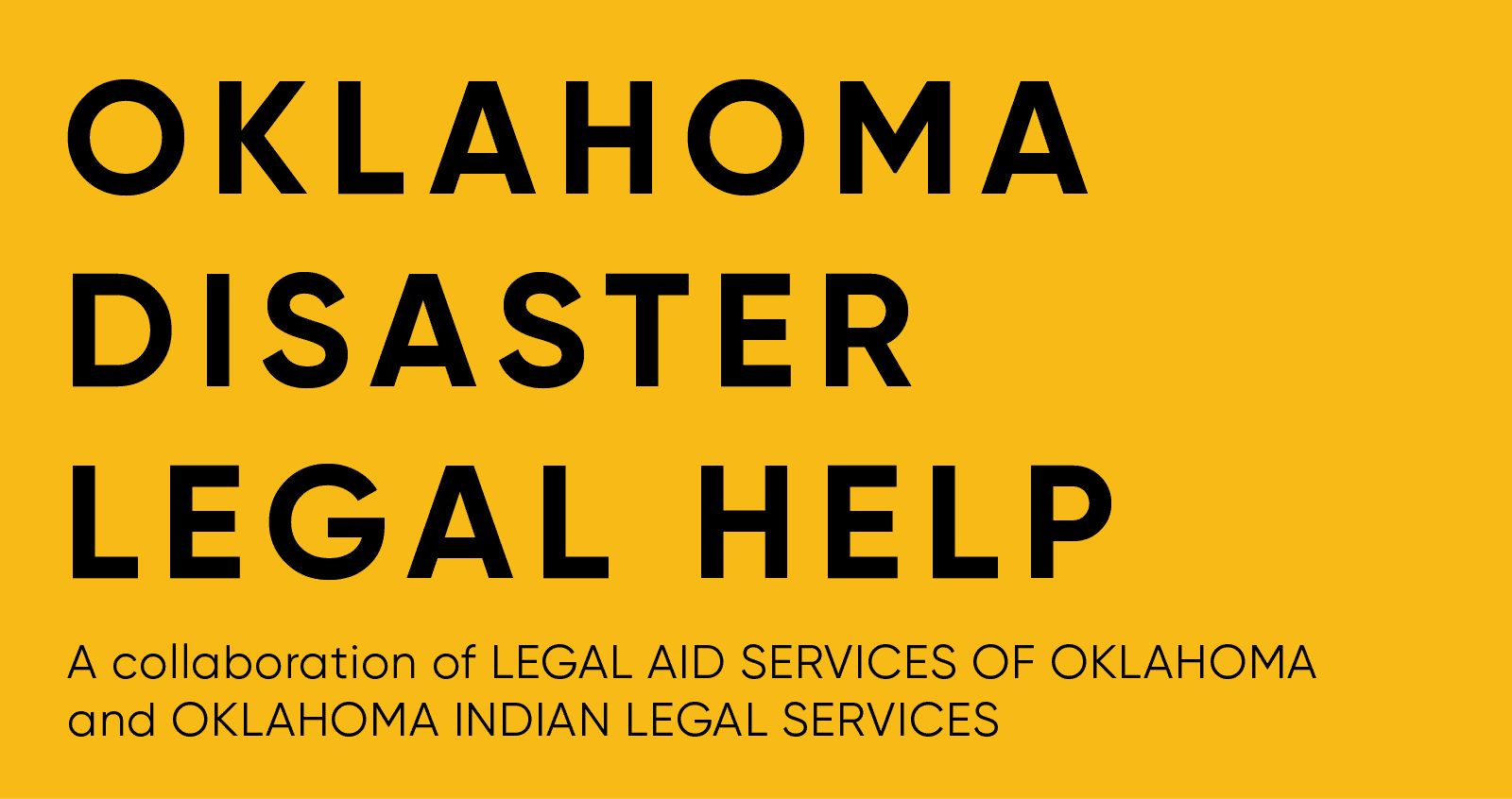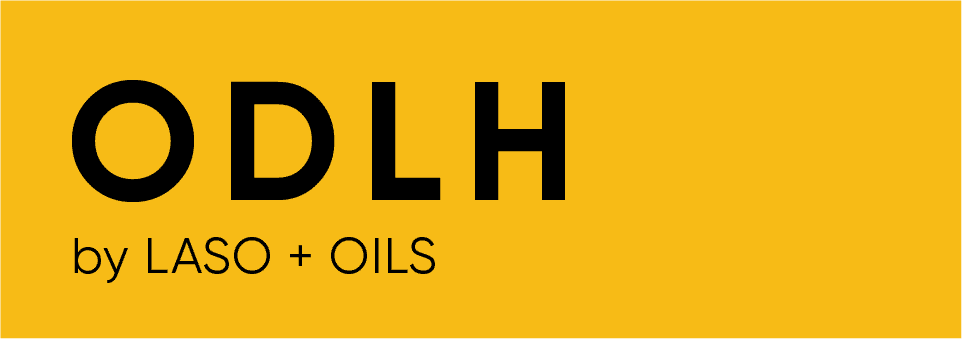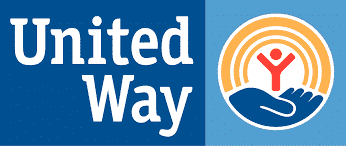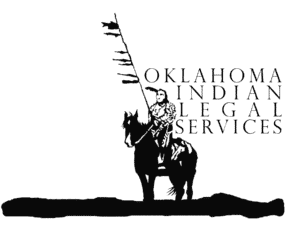Healthcare Issues After a Disaster
Do I need to get any vaccines before I return to clean up my home, which sustained damage in a flood?
According to Oklahoma Department of Health, you will not be required to get a tetanus shot. However, it is recommended that adults have one every 10 years. Floods do not increase the risk of getting tetanus, but if you have a severe or deep cut, you should check with your doctor to see if you need a tetanus shot. This is important because if you get a serious infection, that may require you to stay in the hospital for a long time. Also, no one is immune to tetanus because they had it before, so keeping up with your tetanus shots is the best way to prevent it.
How should I clean up mold in my home?
According to the Center for Disease Control and Prevention (CDC), you should remove any wet objects that were wet for at least two days because mold is growing on those objects, even if you cannot physically see it.
- Remove items made from cloth unless you can wash those items in hot water. It is very important that the water be hot.
- Remove items that cannot be easily cleaned (leather, paper, wood, carpet).
- Clean mold off hard surfaces (floors, stoves, sinks, countertops, plates, tools) with bleach mixture.
- For mixture, only use 1 cup of bleach to 1 gallon of water.
- If the item has a rough surface be sure to scrub the surface with a stiff brush.
- Use CLEAN water to rinse the item.
- Leave the item out to dry.
- NEVER mix the bleach with other cleaners or ammonia.
- ALWAYS wear rubber boots, rubber gloves, goggles and a N-95 mask.
- Keep windows and doors open when cleaning with the bleach.
If you do not do this after a flood, mold will continue to grow, and you will get sick. To get more information, you should visit the Environmental Protection Agency’s website that has a page dedicated to how homeowners and renters should clean up mold. www.epa.gov/mold/mold-cleanup-after-floods
According to Oklahoma’s Department of Human Services, Oklahoma does not have any required procedures that must be done to clean up mold. However, the Oklahoma Department of Environmental Quality does have suggestions:
- Keep humidity levels as low as you can—no higher than 50%–all day long. An air conditioner or dehumidifier will help you keep the level low. Bear in mind that humidity levels change over the course of a day with changes in the moisture in the air and the air temperature, so you will need to check the humidity levels more than once a day.
- Use an air conditioner or a dehumidifier during humid months.
- Be sure the home has adequate ventilation, including exhaust fans in the kitchen and bathrooms.
- Use mold inhibitors which can be added to paints.
- Clean bathroom with mold-killing products.
- Do not carpet bathrooms.
- Remove and replace flooded carpets.
Additional tips for dealing with mold in your home are:
- If the mold is present in an area of less than 10 square feet
- Then you can handle the cleanup if you do not have allergies, asthma, or immune disorders. You should wear protective gear (goggles, gloves, N-95 respirator).
- If the mold is present in an area greater than 10 square feet or you have allergies, asthma, immune disorders, or cannot get protective gear, then:
- You should hire a professional company to clean up the mold.
- More protective equipment will be needed in areas greater than 10 square feet like a full or half respirator with a HEPA filter and a full suite of disposable clothing.
- You also may need to seal vents and keep the area under negative pressure, potentially with HEPA filtered exhaust.
I evacuated from the flood and now I have no means of paying for my prescription medications. What can I do?
There are a couple of things you can do. You should contact your doctor to see if they can give you some samples of your medication. Try visiting a free medical clinic as well. Some pharmaceutical companies have Pharmaceutical Assistance Programs to help people with their medication. You should visit the websites below to determine if your prescription’s companies provide an Assistance Program:
www.medicare.gov/pharmaceutical-assistance-program/index.aspx?drug_id=12010&drug_ name=Estring or www.pparx.org.
If you have a Medicare plan, you should read Medicare April 2015 publication “Getting Medical Care & Prescription Drugs in a Disaster or Emergency Area” which can be retrieved here: https://www.medicare.gov/Pubs/pdf/11377-Care-Drugs-Disaster-Emergency.pdf
Are there exceptions to the HIPAA (Health Insurance Portability and Accountability) (Health Insurance Portability and Accountability Act of 1996) requirements in the event of a disaster?
Yes, there are exceptions to the HIPAA rule against disclosures:
Treatment Exception
- Treatment, payment, or health care operations
- To the individual or the individual’s personal representative
- For notification of or to the person involved in an individual’s health care or payment for health care, for disaster relief or for facility directories
- Pursuant to an authorization…
Notification Exception
There are also exceptions to the HIPAA rule against disclosures for notification purposes:
A covered entity also may rely on an individual’s informal permission to disclose to the individual’s family, relatives, or friends, or to other persons whom the individual identifies, protected health information directly relevant to that person’s involvement in the individual’s care or payment for care. This provision, for example, allows a pharmacist to dispense filled prescriptions to a person acting on behalf of the patient. Similarly, a covered entity may rely on an individual’s informal permission to use or disclose protected health information for the purpose of notifying (including identifying or locating) family members, personal representatives, or others responsible for the individual’s care, of the individual’s location, general condition, or death. In addition, protected health information may be disclosed for notification purposes to public or private entities authorized by law or charter to assist in disaster relief efforts.
Serious Threats to Health or Safety Exception
Providers can share patient information in order “to prevent or lessen a serious and imminent threat to the health and safety of a person or the public, when such disclosure is made to someone they believe can prevent or lessen the threat.”
| Facility Directory Exception Health care facilities keep patient directories. If a patient gives informal consent, the facility can tell those who ask if the patient is at the facility, the facility’s location, and the patient’s condition. |
For updated information on the HIPAA exceptions, and whether the exceptions apply in your disaster, refer to the Department of Health and Human Services at https://www.hhs.gov/hipaa/for-professionals/faq/disclosures-in-emergency-situations/index.html






